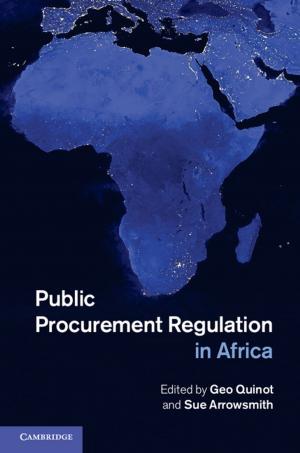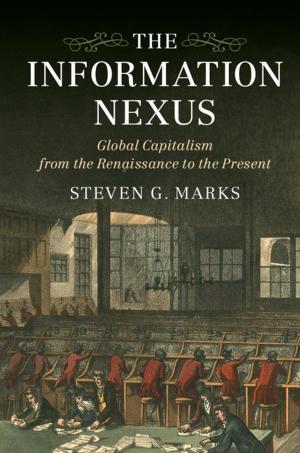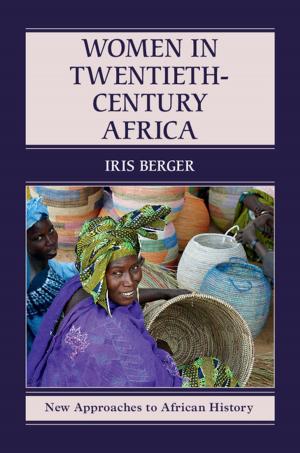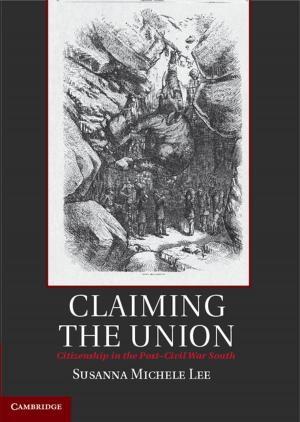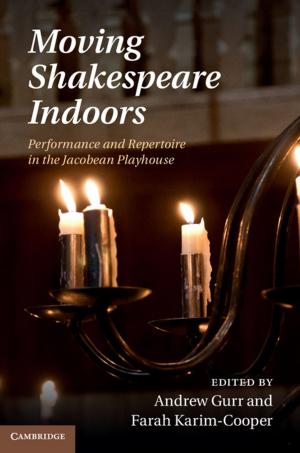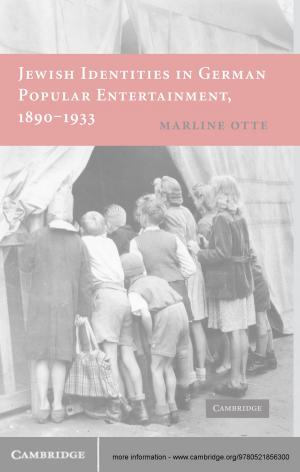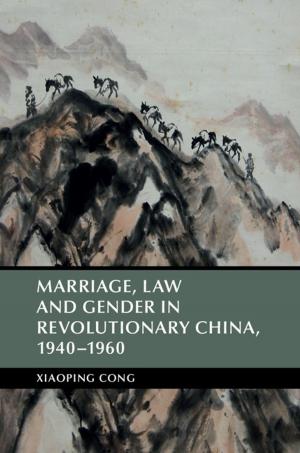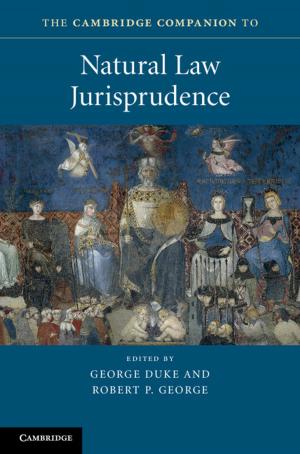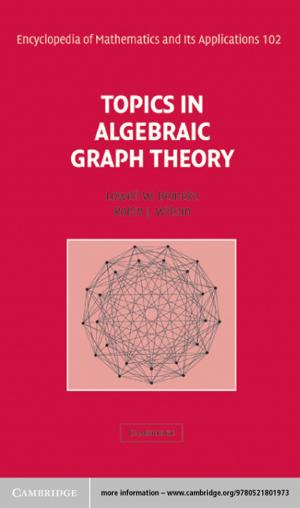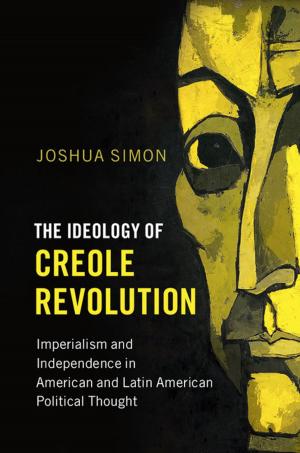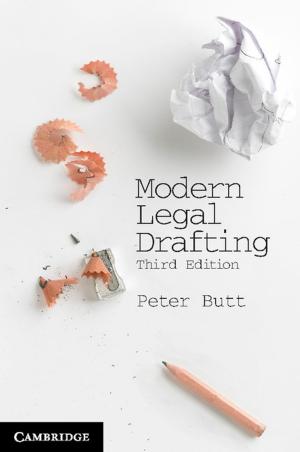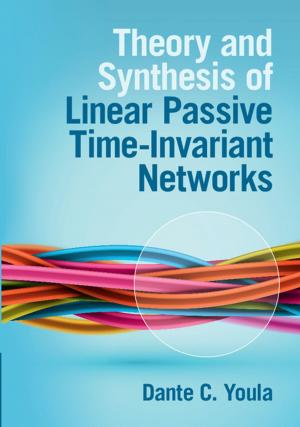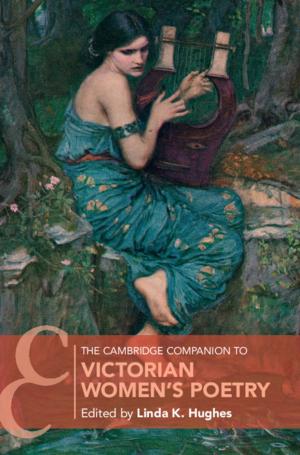Witchcraft and Colonial Rule in Kenya, 1900–1955
Nonfiction, History, Africa, Social & Cultural Studies, Social Science| Author: | Katherine Luongo | ISBN: | 9781139153065 |
| Publisher: | Cambridge University Press | Publication: | September 26, 2011 |
| Imprint: | Cambridge University Press | Language: | English |
| Author: | Katherine Luongo |
| ISBN: | 9781139153065 |
| Publisher: | Cambridge University Press |
| Publication: | September 26, 2011 |
| Imprint: | Cambridge University Press |
| Language: | English |
Focusing on colonial Kenya, this book shows how conflicts between state authorities and Africans over witchcraft-related crimes provided an important space in which the meanings of justice, law and order in the empire were debated. Katherine Luongo discusses the emergence of imperial networks of knowledge about witchcraft. She then demonstrates how colonial concerns about witchcraft produced an elaborate body of jurisprudence about capital crimes. The book analyzes the legal wrangling that produced the Witchcraft Ordinances in the 1910s, the birth of an anthro-administrative complex surrounding witchcraft in the 1920s, the hotly contested Wakamba Witch Trials of the 1930s, the explosive growth of legal opinion on witch-murder in the 1940s, and the unprecedented state-sponsored cleansings of witches and Mau Mau adherents during the 1950s. A work of anthropological history, this book develops an ethnography of Kamba witchcraft or uoi.
Focusing on colonial Kenya, this book shows how conflicts between state authorities and Africans over witchcraft-related crimes provided an important space in which the meanings of justice, law and order in the empire were debated. Katherine Luongo discusses the emergence of imperial networks of knowledge about witchcraft. She then demonstrates how colonial concerns about witchcraft produced an elaborate body of jurisprudence about capital crimes. The book analyzes the legal wrangling that produced the Witchcraft Ordinances in the 1910s, the birth of an anthro-administrative complex surrounding witchcraft in the 1920s, the hotly contested Wakamba Witch Trials of the 1930s, the explosive growth of legal opinion on witch-murder in the 1940s, and the unprecedented state-sponsored cleansings of witches and Mau Mau adherents during the 1950s. A work of anthropological history, this book develops an ethnography of Kamba witchcraft or uoi.

